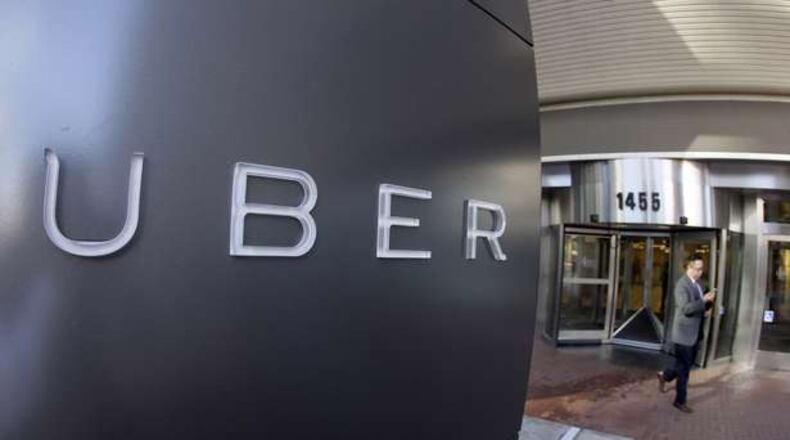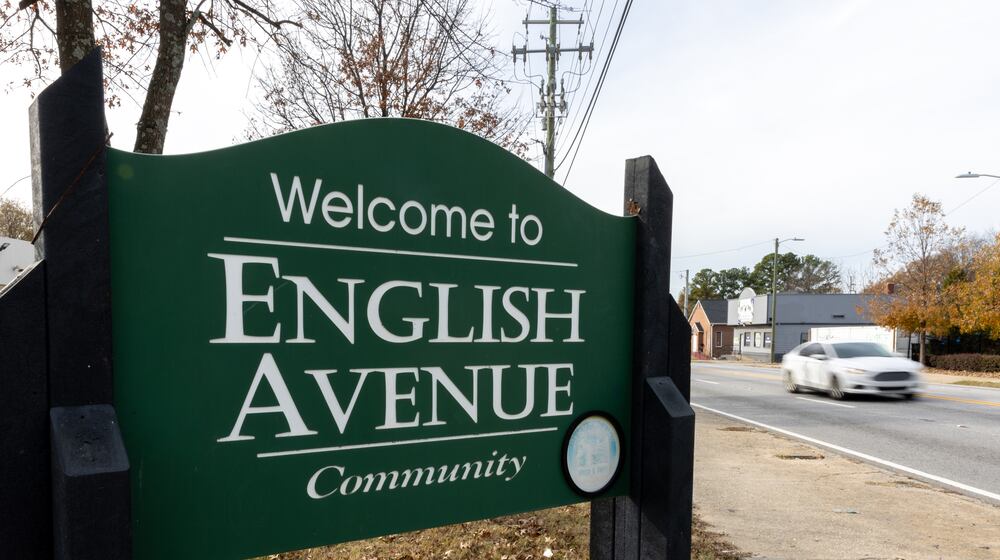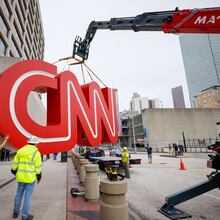A measure to legalize and regulate airport pickups by Uber X and other ride-share companies is headed to the full Atlanta city council for consideration Monday.
A bill from Mayor Kasim Reed's administration, which passed out of a committee Wednesday, nixes a previous airport proposal to require fingerprint-based background checks of ride-share drivers. Instead, it gives the option for companies like Uber and Lyft to use their own private background checks.
Uber and Lyft had both threatened to stop serving Hartsfield-Jackson International Airport if the fingerprint requirement was put into place.
Under the new system that would take effect Jan. 1, 2017, the airport would charge a $1.50 fee per ride for pickups at the airport by ride-share services -- the same fee paid by taxis.
However, companies like Uber and Lyft that use private background checks would also be subject to an additional per-ride security surcharge of $2.35 per ride, making it a total of a $3.85 surcharge.
Each ride-share company would also pay an annual permit fee of $50 per vehicle, up to $100,000 per year.
All of the fees would go to the airport, rather than to the city of Atlanta's general fund, according to Hartsfield-Jackson spokesman Reese McCranie.
The airport also plans to set up a ride-share assembly area, and drivers would not be allowed to wait in the cell phone lot.
The Atlanta city council transportation committee voted Wednesday to move the measure forward to the full council without recommendation, with some committee members saying they still have questions and concerns.
Atlanta city council member Felicia Moore said she was in favor of requiring fingerprints. "I just think it's important, particularly in this age of technology which we're talking about," Moore said.
Other elements in the proposal that have raised concerns are requirements for ride-share vehicles and taxis to be 7 years old or newer, and a requirement to display an airport decal when picking up at the airport.
Taxi drivers say the requirement for newer vehicles will require an investment in new cars as they struggle to get enough business with increased competition from Uber. And ride-share companies are concerned about the requirement for an airport decal on their drivers' cars that are also used for personal use.
About the Author






